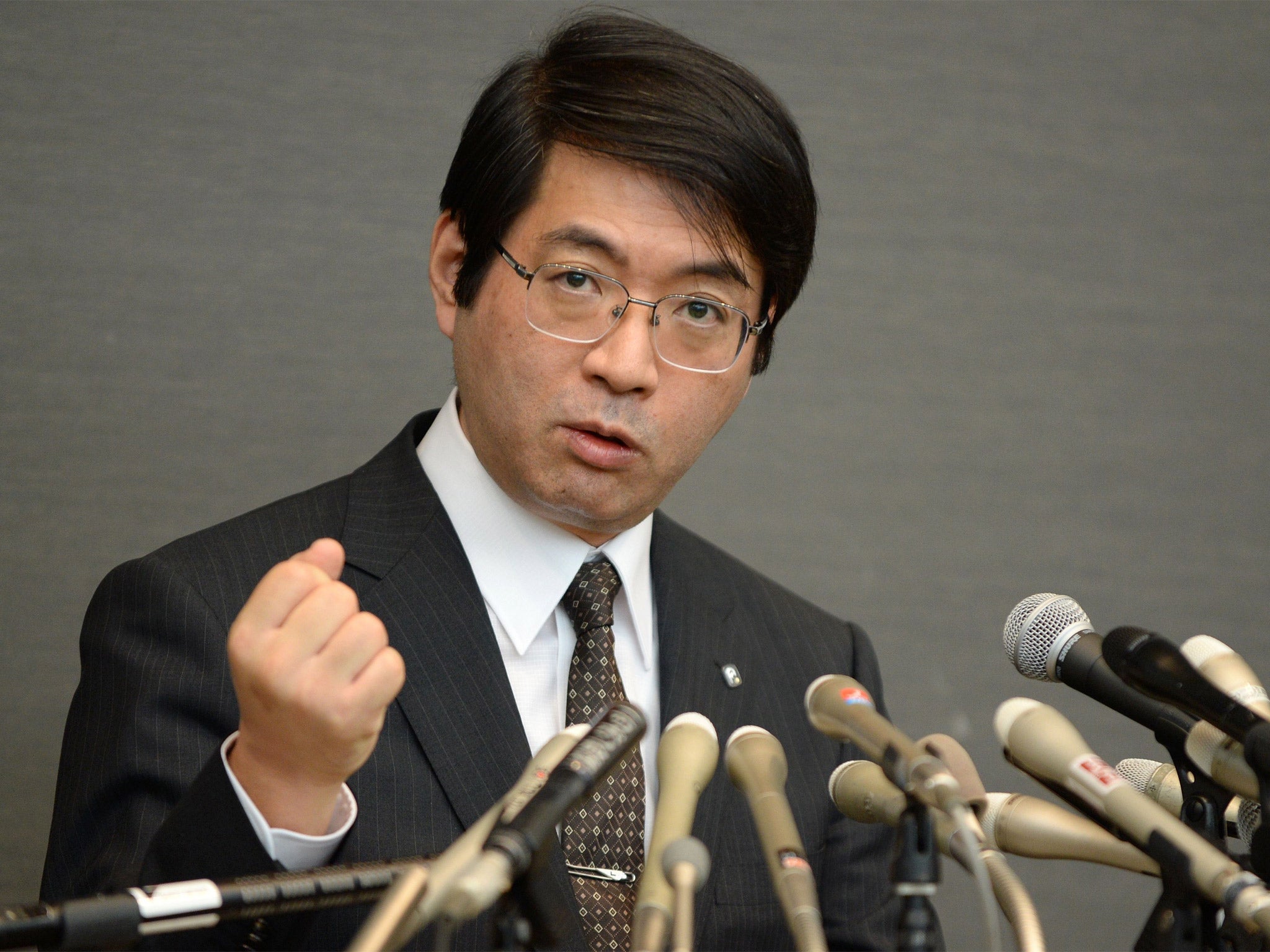Japanese stem cell scientist Yoshiki Sasai found dead in apparent suicide

Your support helps us to tell the story
From reproductive rights to climate change to Big Tech, The Independent is on the ground when the story is developing. Whether it's investigating the financials of Elon Musk's pro-Trump PAC or producing our latest documentary, 'The A Word', which shines a light on the American women fighting for reproductive rights, we know how important it is to parse out the facts from the messaging.
At such a critical moment in US history, we need reporters on the ground. Your donation allows us to keep sending journalists to speak to both sides of the story.
The Independent is trusted by Americans across the entire political spectrum. And unlike many other quality news outlets, we choose not to lock Americans out of our reporting and analysis with paywalls. We believe quality journalism should be available to everyone, paid for by those who can afford it.
Your support makes all the difference.A leading stem cell researcher in Japan has been found dead at his laboratory in an apparent suicide after months of pressure over a controversial study that had to be retracted because of scientific errors.
Yoshiki Sasai, 52, was discovered by a security guard on Tuesday morning at the Riken Centre for Developmental Biology in Kobe where he was deputy director. Suicide notes were found at the scene and on his secretary’s desk, it was reported.
Dr Sasai was the supervisor of Haruko Obokata, the lead author of the stem cell papers published in the journal Nature earlier this year in which it was claimed that blood cells can be converted into embryonic-like cells by simply exposing them to a weak solution of acid.
In a subsequent investigation by Riken, Dr Obakata was accused of scientific misconduct and although Dr Sasai was cleared of any direct involvement, he was harshly criticised for failing to provide oversight during the drafting of the now discredited research papers.
Ryoji Novori, the president of Riken, said in a brief statement: “The world scientific community has lost an irreplaceable scientist.”
In 2011, Dr Sasai stunned the world with a study mimicking the early development of the eye with mouse stem cells that produced a three-dimensional optical cup, similar to a human retina, in the laboratory.
For confidential support call the Samaritans in the UK on 08457 90 90 90, visit a local Samaritans branch or click here for details